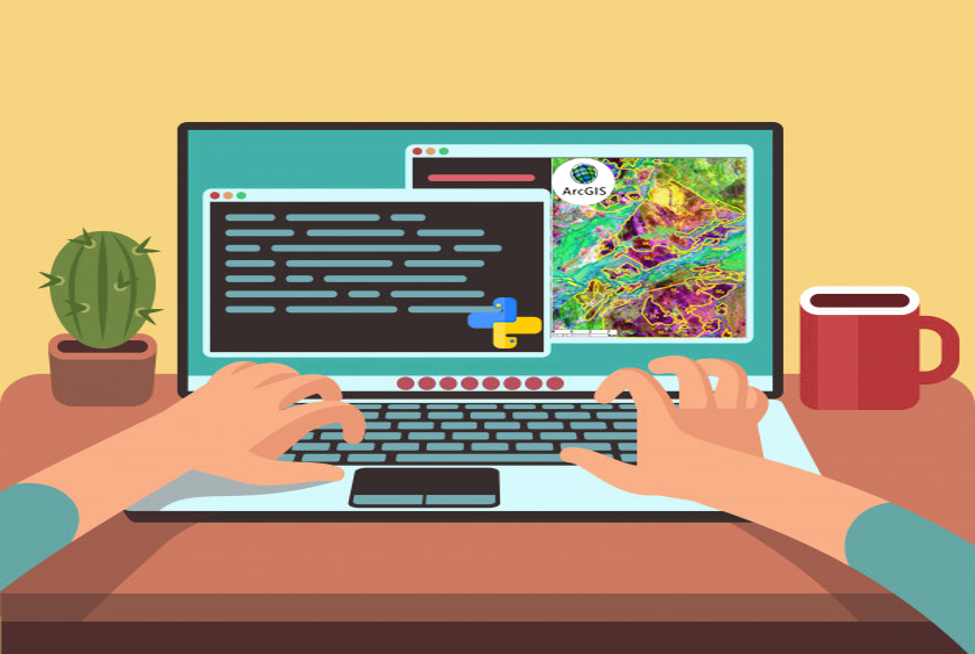Coding is great but when it comes to coding in Python then it is even more fun since the same feature can be done in several different ways. However, there are preferred versions most of the time, which are related to Python by certain people. The cleanliness and straightforward design of the code is a typical feature of these Python implementations.
Programming is not rocket science in Python or another scripting language, because it’s all about skills. These strategies will quickly become part of your toolkit if you actively attempt Python coding, and you will find it more common to use them in your project. Below we have given some of the tips that will help you in writing a better matlab Homework Help. So let’s try a couple of these easy techniques, which I hope would be useful to you.
1. Be Consistent
When you are learning a new language, at that time consistency plays an important role. Each day, we suggest making a dedication to code. It can be impossible to imagine, but in programming, muscle memory plays a major role. It would really help to build muscle memory by contributing to coding daily. While at first, it may sound overwhelming, imagine beginning tiny daily with 30 minutes and work up from there.
2. Take Notes
You may wonder if you should take notes while you continue on your path as a new programmer. Yes, you should take notes! In fact, according to research, it is important that it is more effective for long-term stability to take notes by hand. For those working with the intention of becoming a full-time programmer, this would be extremely helpful, as often interviews would include writing code on a whiteboard.
When you begin to work on small tasks and applications, before you switch to the computer, practicing with hand will also help you prepare the coding. If you write down which functions and classes you will require, as well as how they can communicate, you can save a lot of time.
3. Go Interactive
The immersive Python shell would be one of the greatest learning resources, whether you are learning about simple Python data types (strings, lists, dictionaries, etc.) for the very first time or you are coding a program.
Make sure make you have Python installed on your computer to use the interactive Python shell (also often called a “Python REPL”). To support you do it, we have got a step-by-step guide. To trigger your integrated Python shell, try opening your terminal and, based on your setup, run python or python3.
4. Take Breaks
It’s necessary to put away and absorb the concepts while you are studying. The Pomodoro technique is commonly used and will help: you operate, take a brief break, and then repeat the same process for 30 minutes. Taking breaks is crucial to ensuring a successful study session, especially when a bunch of different data is brought in.
While you are coding, breaks are highly important. Take a rest if you encounter a problem and can’t quite figure out what is going wrong. Get away from your computer, go for a stroll or have a buddy talk with you.
Your code must strictly obey the laws of a language and logic in programming because even skipping a quotation mark would ruin everything. A big difference in fresh eyes.
5. Become a Bounty Hunter
Speaking of finding a bug in your program, it is unavoidable that you will run into bugs in your program once you begin writing difficult programs. . It normally happens to all of us. But, Don’t let yourself be frustrated by these bugs. Instead, with bravery, accept these bugs and think of yourself as a bug bounty hunter.
It is essential to have a research method when you are debugging. It will help you know where things are breaking down. The best way to do this is to go through your program in the attempt in which it is executed and make sure each part works.
6. Build Something
There are several small activities for newcomers that will really encourage you to become confident in learning Python, as well as to improve the muscle memory we talked about above. When you have a strong understanding of simple data structures, OOP, and writing classes (strings, collections, dictionaries, sets), it is time to begin developing!
It is not as critical what you create as how you design it. The construction journey is really what will teach you the most. You can only know so much by reading the papers and courses in Actual Python. In order to construct something, much of the learning would come from using Python. The issues you will tackle will teach you a lot.
Now you got some idea about how to write a better Python Code, so what are you waiting for go and start building your Python Code.



3 thoughts on “6 Programming Tips on How to Write Better Python Code”